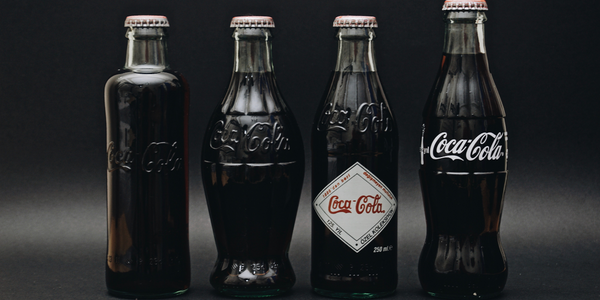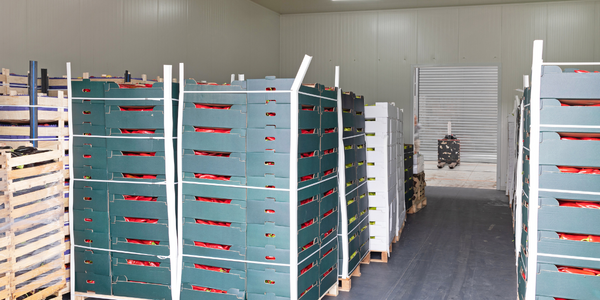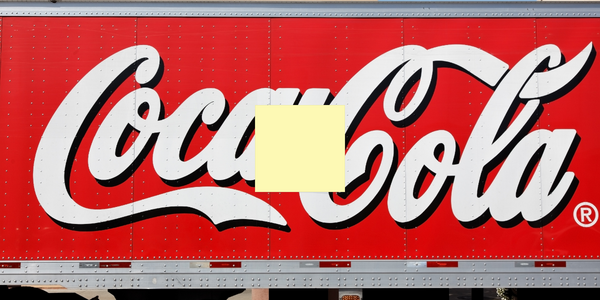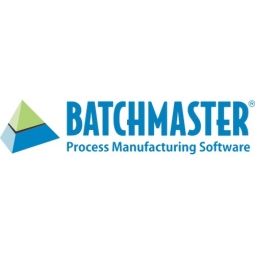Download PDF
Diversified Foods and Seasonings Gets Help from BatchMaster Mfg as it Furthers its Legacy of Flavor
Technology Category
- Functional Applications - Enterprise Resource Planning Systems (ERP)
Applicable Industries
- Food & Beverage
Applicable Functions
- Discrete Manufacturing
- Quality Assurance
Use Cases
- Manufacturing System Automation
Services
- System Integration
- Software Design & Engineering Services
The Challenge
Diversified Foods and Seasonings had been using Sage PFW for many years to manage formulas, costs, and inventory within their ERP solution. However, when Sage announced their plans to retire PFW, Diversified began to review replacement ERP solutions. They evaluated nearly 15 ERP systems during their review period and selected BatchMaster Mfg. because it could fill every need they had. They were looking for a solution that was designed for formula-based food manufacturing companies and had specific functions such as Quality Control and Assurance, a Formula Approval process, and MRP/MPS integrated functionality.
About The Customer
Diversified Foods and Seasonings, LLC is a company that began nearly 40 years ago in Louisiana. They started by preparing a patented chicken seasoning mix for one small restaurant, which would grow into Popeyes Louisiana Kitchen and become a nationwide and worldwide success. Diversified Foods and Seasonings continues to manufacture and supply seasonings to Popeyes restaurants and has added other products and contract services for its clients. The company operates three manufacturing plants located in Louisiana, Nebraska, and Alabama, and operates 24/7 to meet their product demand. In addition to manufacturing seasonings for Popeyes and its own Chefs Creations label, the company offers product development and production services to customers for a variety of food establishments including casual dining, retail, club stores, quick service and more.
The Solution
Diversified Foods and Seasonings selected BatchMaster Mfg. as their new ERP solution. The transition to the new system was smooth due to similar main functions and the staff started seeing new benefits with BatchMaster Mfg. right away. The system provided quality control tests and results fully integrated with production formulas and with lot tracked inventory items. It also provided a Formula Approval process that assures that only approved formulas are used in production. In addition, BatchMaster Mfg. offered MRP/MPS integrated functionality, which Diversified started implementing and saw how using MRP reporting along with integrated order scheduling can drastically reduce various manual processes.
Operational Impact
Quantitative Benefit
Related Case Studies.

Case Study
The Kellogg Company
Kellogg keeps a close eye on its trade spend, analyzing large volumes of data and running complex simulations to predict which promotional activities will be the most effective. Kellogg needed to decrease the trade spend but its traditional relational database on premises could not keep up with the pace of demand.

Case Study
HEINEKEN Uses the Cloud to Reach 10.5 Million Consumers
For 2012 campaign, the Bond promotion, it planned to launch the campaign at the same time everywhere on the planet. That created unprecedented challenges for HEINEKEN—nowhere more so than in its technology operation. The primary digital content for the campaign was a 100-megabyte movie that had to play flawlessly for millions of viewers worldwide. After all, Bond never fails. No one was going to tolerate a technology failure that might bruise his brand.Previously, HEINEKEN had supported digital media at its outsourced datacenter. But that datacenter lacked the computing resources HEINEKEN needed, and building them—especially to support peak traffic that would total millions of simultaneous hits—would have been both time-consuming and expensive. Nor would it have provided the geographic reach that HEINEKEN needed to minimize latency worldwide.

Case Study
Energy Management System at Sugar Industry
The company wanted to use the information from the system to claim under the renewable energy certificate scheme. The benefit to the company under the renewable energy certificates is Rs 75 million a year. To enable the above, an end-to-end solution for load monitoring, consumption monitoring, online data monitoring, automatic meter data acquisition which can be exported to SAP and other applications is required.

Case Study
Coca Cola Swaziland Conco Case Study
Coco Cola Swaziland, South Africa would like to find a solution that would enable the following results: - Reduce energy consumption by 20% in one year. - Formulate a series of strategic initiatives that would enlist the commitment of corporate management and create employee awareness while helping meet departmental targets and investing in tools that assist with energy management. - Formulate a series of tactical initiatives that would optimize energy usage on the shop floor. These would include charging forklifts and running cold rooms only during off-peak periods, running the dust extractors only during working hours and basing lights and air-conditioning on someone’s presence. - Increase visibility into the factory and other processes. - Enable limited, non-intrusive control functions for certain processes.

Case Study
Temperature Monitoring for Restaurant Food Storage
When it came to implementing a solution, Mr. Nesbitt had an idea of what functionality that he wanted. Although not mandated by Health Canada, Mr. Nesbitt wanted to ensure quality control issues met the highest possible standards as part of his commitment to top-of-class food services. This wish list included an easy-to use temperature-monitoring system that could provide a visible display of the temperatures of all of his refrigerators and freezers, including historical information so that he could review the performance of his equipment. It also had to provide alert notification (but email alerts and SMS text message alerts) to alert key staff in the event that a cooling system was exceeding pre-set warning limits.

Case Study
Coca-Cola Refreshments, U.S.
Coca-Cola Refreshments owns and manages Coca-Cola branded refrigerators in retail establishments. Legacy systems were used to locate equipment information by logging onto multiple servers which took up to 8 hours to update information on 30-40 units. The company had no overall visibility into equipment status or maintenance history.





